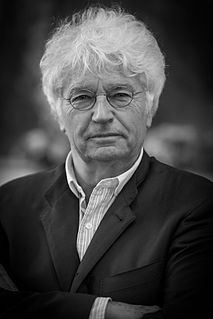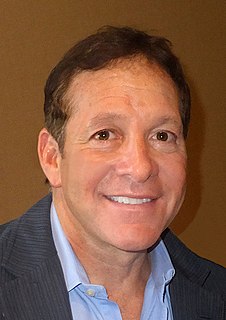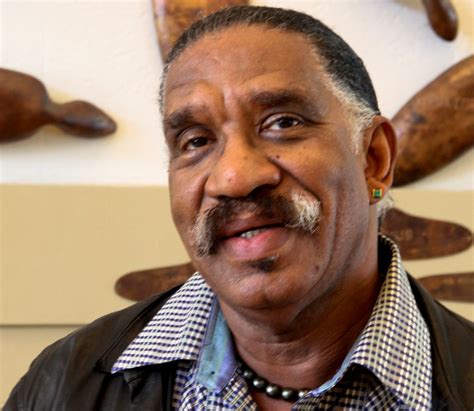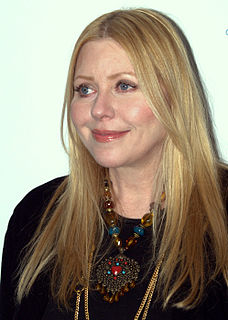A Quote by Jean-Jacques Annaud
When Picasso painted in Paris, was he a Spanish or a French painter? It does not matter, he was Picasso, whatever the influences surrounding him. He simply chose Paris because it was the ideal place for him to sell his creation.
Related Quotes
It is no accident that propels people like us to Paris. Paris is simply an artificial stage, a revolving stage that permits the spectator to glimpse all phases of the conflict. Of itself Paris initiates no dramas. They are begun elsewhere. Paris is simply an obstetrical instrument that tears the living embryo from the womb and puts it in the incubator.
After the occupation of Paris, Hitler visited Paris, which of course was a great jewel for him, and he wanted to go up on the Eiffel Tower and gaze down upon the city of Paris, which he'd conquered. For some reason the elevators mysteriously stopped working that day. Some people say it might have had to do with the French resistance. So he couldn't go up.
Somebody was saying to Picasso that he ought to make pictures of things the way they are-objective pictures. He mumbled that he wasn't quite sure what that would be. The person who was bullying him produced a photograph of his wife from his wallet and said, "There, you see, that is a picture of how she really is." Picasso looked at it and said, "She is rather small, isn't she? And flat?"
Look at the paintings of Picasso. He is a great painter, but just a subjective artist. Looking at his paintings, you will start feeling sick, dizzy, something going berserk in your mind. You cannot go on looking at Picasso's painting long enough. You would like to get away, because the painting has not come from a silent being. It has come from a chaos. It is a by product of a nightmare. But ninety-nine percent art belongs to that category.






































